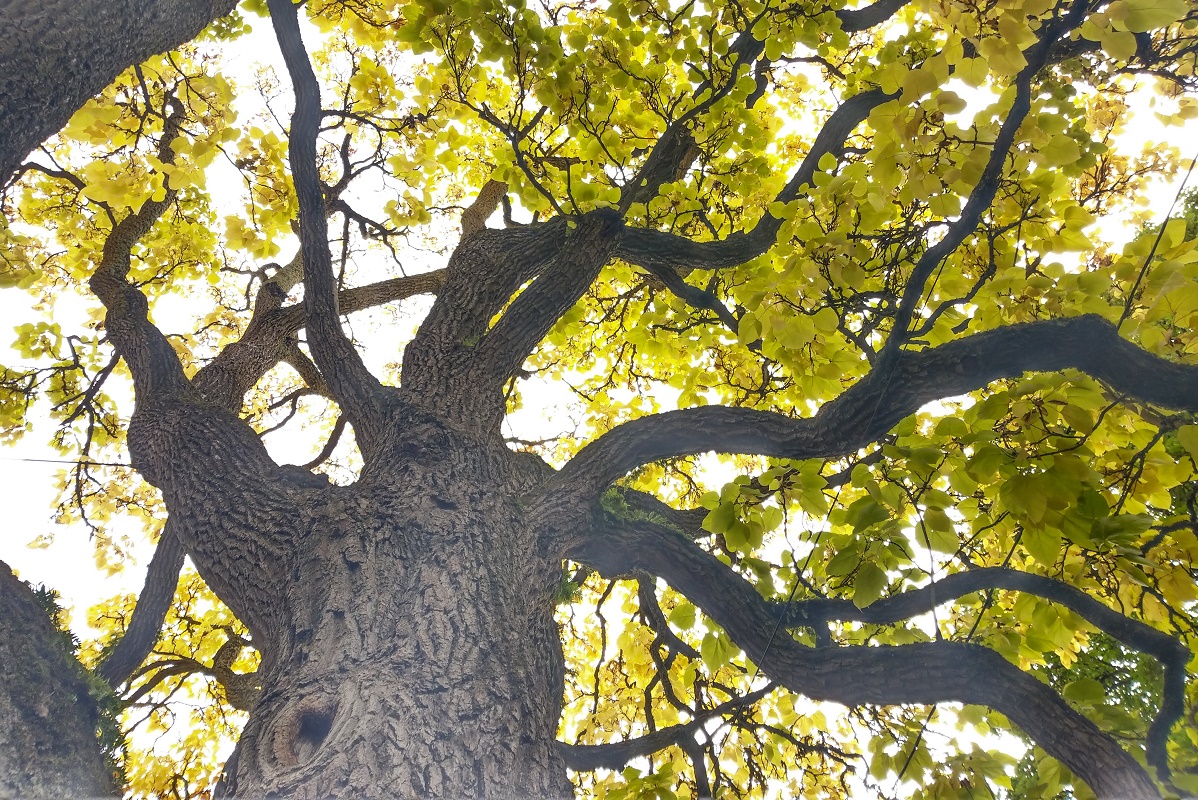
Thigmomorphogenesis, or Why Most Trees Don’t Fall Over
Have you ever noticed a tree not fall over? A tree’s natural state is upright—it’s their default mode. Yet, myths pervade:
- “You should thin your tree”
- “You should top your tree”
- “Douglas-firs have shallow roots”
- “Lone trees are more likely to fall”
- “The roots will ruin my foundation”
- “That tree will fall and kill my whole family”
Despite the ubiquity of normal, upright trees around us, we often only notice those scattered few that stop being upright, most often in extreme weather. And frankly, those few sully the good reputation of the thousands of others.
In the Pacific Northwest, our trees grow to be some of the tallest and largest organisms on the planet, and that can be understandably intimidating as you watch them bend and sway during winter weather from your home. Luckily, our trees did not achieve their prominence by accident, and this talk will explain what the trees are doing, how they react to their environment, and what you can do to make sure your trees are safe.
How does a tree build itself? How does it choose which direction to grow? Is it a giant, static monolith waiting to crush everything beneath it? or a dynamic, self-optimizing living system that wants to keep itself upright arguably more than you? Join us on a journey through the lifecycle of a tree: how it grows, lives, and dies. In other words: how do trees become trees and what makes them so good at it?
An arborist, a dendrologist, and educator, Casey Clapp is the principal consultant with Portland Arboriculture and co-host/co-creator of CompletelyArbortrary, a weekly podcast about trees and other related topics. He’s also the author of the forthcoming book The Trees Around You: How to identify common neighborhood trees in the Pacific Northwest. Casey holds degrees in Forestry and Environmental Conservation, and he’s an ISA Board Certified Master Arborist, Qualified Tree Risk Assessor, and Municipal Specialist. Find him on social media @clapp4trees or reach him at casey@pdxarbor.com.
-
Event Date
Wednesday, February 12, 2025
-
Start Time
7:00 pm Pacific
-
End Time
8:30 pm Pacific
-
Tickets
Door
General Admission: $20
get ticketsTicket fine print
We at Science on Tap are committed to offering educational opportunities to adults who want to learn. If the ticket price is a hardship for you, please write to us and we're happy to provide reduced-price tickets to those who request them.
-
Venue
Kiggins Theatre
